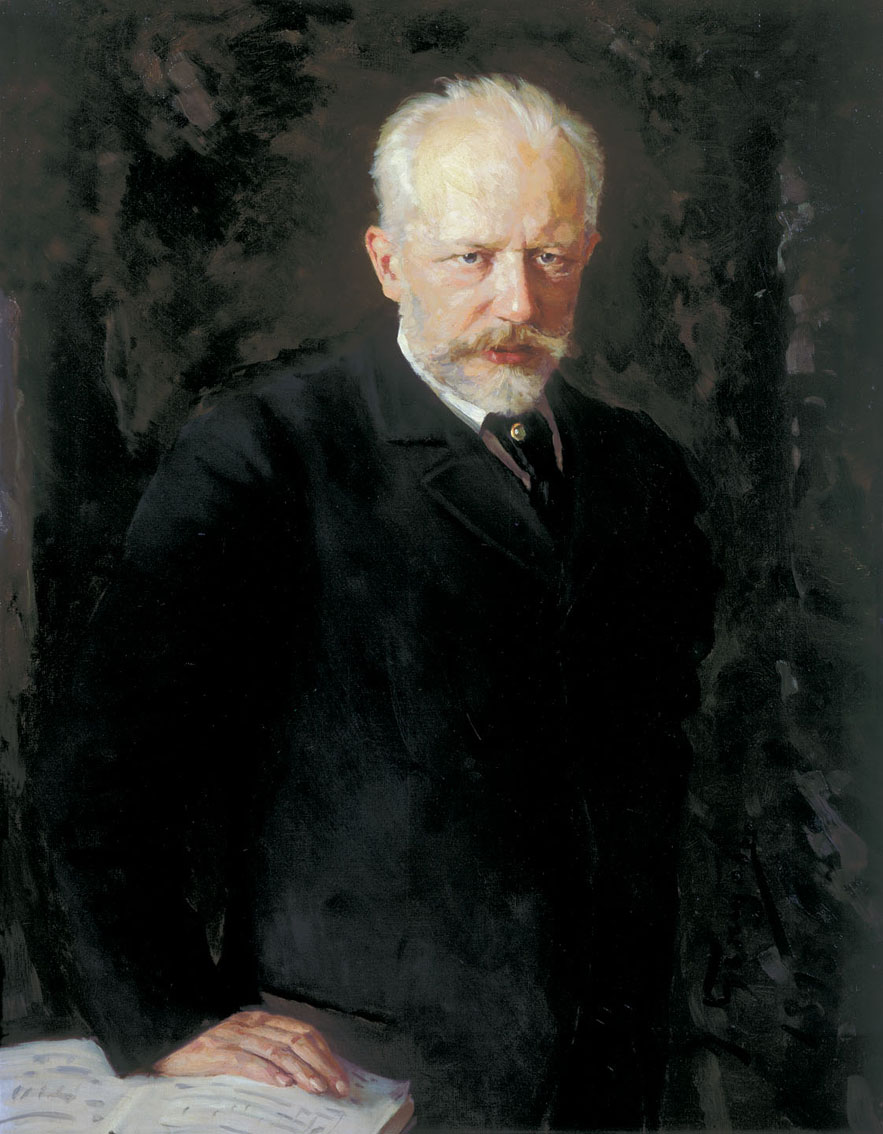Pyotr Ilyich Tchaikovsky is one of the most celebrated composers in the history of classical music. Known for his emotive melodies and innovative orchestration, Tchaikovsky's works have transcended time and continue to captivate audiences around the world. From ballets like "Swan Lake" and "The Nutcracker" to symphonies that evoke profound feelings, Tchaikovsky's music is a testament to his genius and creativity.
In this article, we will delve deeply into the life, influences, and contributions of Pyotr Ilyich Tchaikovsky, providing insights into his personal background, major works, and the impact he had on the music world. By understanding his journey and the context in which he created his masterpieces, we can appreciate the richness of his legacy even more.
Join us as we explore the various facets of Tchaikovsky's life, his struggles and triumphs, and how he became a significant figure in the realm of classical music. Whether you are a long-time fan or a newcomer to his work, this deep dive into Tchaikovsky's life will provide a comprehensive understanding of his remarkable story.
Table of Contents
- Biography
- Early Life and Education
- Major Works
- Influences and Style
- Personal Life
- Legacy and Impact
- Conclusion
- Sources
Biography of Pyotr Ilyich Tchaikovsky
Pyotr Ilyich Tchaikovsky was born on May 7, 1840, in Votkinsk, a small town in the Ural Mountains of Russia. He was the second of six children in a family that had a strong musical background. His father, Ilya Tchaikovsky, was a military officer and a passionate amateur musician, while his mother, Alexandra, was a talented pianist.
Personal Data and Biodata
| Full Name | Pyotr Ilyich Tchaikovsky |
|---|---|
| Date of Birth | May 7, 1840 |
| Place of Birth | Votkinsk, Russia |
| Date of Death | November 6, 1893 |
| Nationality | Russian |
| Occupation | Composer |
| Notable Works | Swan Lake, The Nutcracker, 1812 Overture |
Early Life and Education
Tchaikovsky showed an interest in music from a young age. He began his formal music education at the Saint Petersburg Conservatory in 1862, where he developed his skills in composition and orchestration. Tchaikovsky's unique ability to blend Russian folk elements with Western classical traditions became evident during his time at the conservatory.
Despite his growing talent, Tchaikovsky struggled with self-doubt and anxiety throughout his education and early career. His first significant composition, the "Piano Concerto No. 1," was met with mixed reviews, causing him to question his abilities as a composer.
Major Works of Tchaikovsky
Tchaikovsky's oeuvre includes a wide range of compositions, from symphonies and concertos to operas and ballets. Some of his most notable works include:
- Swan Lake (1876) - A ballet that tells the tragic love story of Prince Siegfried and Odette, the Swan Queen.
- The Nutcracker (1892) - A beloved Christmas ballet featuring magical elements and a memorable score.
- 1812 Overture (1880) - A musical depiction of Russia's defense against Napoleon, famous for its use of cannon fire.
- Symphony No. 6 "Pathétique" (1893) - His final symphony, characterized by its emotional depth and complexity.
Influences and Style
Tchaikovsky's music is marked by its emotional expressiveness, melodic richness, and innovative orchestration. His style was influenced by various factors, including:
- Russian Folk Music: Tchaikovsky often incorporated elements of Russian folk melodies into his compositions, giving his music a distinctly national character.
- Western Classical Tradition: He was inspired by composers like Mozart, Beethoven, and Wagner, which shaped his understanding of form and harmony.
- Personal Experiences: Tchaikovsky's struggles with love, identity, and societal expectations often found their way into his music, adding a layer of emotional depth to his works.
Personal Life and Struggles
Tchaikovsky's personal life was tumultuous and marked by a series of challenges. He grappled with his sexuality, which was a source of inner conflict in a society that did not accept homosexuality. His relationships were often fraught with difficulties, and he experienced bouts of depression throughout his life.
Despite these struggles, Tchaikovsky found solace in his music. His compositions often served as an outlet for his emotions, allowing him to express feelings that were difficult to articulate in other ways. His life experiences shaped the emotional landscape of his music, making it resonate with audiences on a profound level.
Legacy and Impact
Pyotr Ilyich Tchaikovsky passed away on November 6, 1893, but his legacy continues to thrive. His works remain staples in concert halls and ballet theaters around the world. Tchaikovsky's ability to convey deep emotions through music has made him one of the most performed composers in history.
Furthermore, Tchaikovsky's influence extends beyond classical music. He has inspired countless musicians, composers, and artists across various genres, demonstrating the timeless quality of his work. The emotional depth and technical brilliance of his compositions ensure that Tchaikovsky's music will continue to be celebrated for generations to come.
Conclusion
In conclusion, Pyotr Ilyich Tchaikovsky was a pioneering composer whose life and music have left an indelible mark on the world of classical music. His ability to blend emotional expressiveness with technical mastery sets him apart as one of the greatest composers of all time. Whether through his beloved ballets, symphonies, or operas, Tchaikovsky's legacy continues to resonate with audiences around the globe.
We invite you to share your thoughts on Tchaikovsky's music or explore more of his works. Leave a comment below, share this article with fellow music enthusiasts, or dive deeper into the world of classical music through our other articles.
Sources
For further reading and to support the information presented in this article, the following sources were consulted:
- Taruskin, Richard. "Music in the Nineteenth Century." Oxford University Press, 2010.
- Brown, David. "Tchaikovsky: The Man and His Music." St. Martin's Press, 1991.
- Jacobs, Arthur. "The Life of Tchaikovsky." Da Capo Press, 1973.
Article Recommendations
- Malibu Fire Kristys House Update Aftermath
- Laurence Fishburnes Daughter A Legacy Of Talent And Success
- Megan Fox Blood Dress Shocking Photos Details


